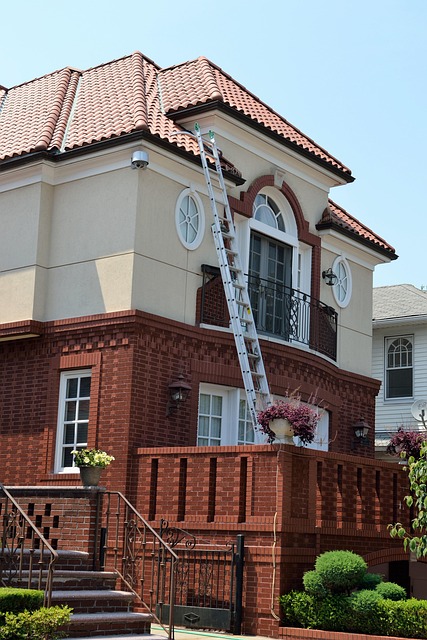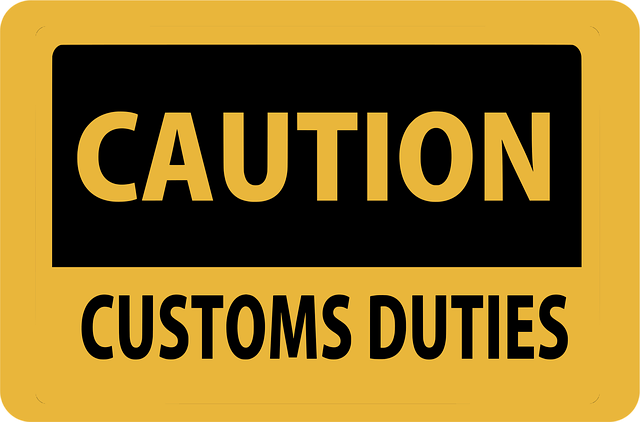In real estate, understanding repair rights and negotiating repairs is vital for property owners and tenants. Preparedness, documentation, and clear communication are key to successful negotiations in a competitive market. Active listening fosters understanding and mutually beneficial agreements.
In the dynamic realm of real estate, understanding your repair rights is pivotal for maximizing property value. When presenting repair requests, leveraging your knowledge becomes a powerful tool. This article guides you through strategic preparation and effective communication, empowering you to negotiate like a pro. Learn how to build leverage with thorough documentation, ensuring fair resolutions. Discover proven strategies that transform your repair requests into opportunities for enhancing your real estate investments.
Understanding Your Repair Rights in Real Estate

In the realm of real estate, understanding your repair rights is a crucial aspect of becoming an informed property owner or tenant. Every jurisdiction has laws that dictate the responsibilities of both parties regarding maintenance and repairs. It’s essential to familiarize yourself with these regulations to ensure your interests are protected. When you know what repairs are your responsibility and when the landlord or seller should step in, you gain negotiation leverage for any requests made during the ownership or tenancy period.
For instance, many Real Estate laws require landlords to maintain safe and habitable living conditions, ensuring structural integrity, essential systems, and amenities. As a tenant, knowing these rights empowers you to negotiate for timely repairs or replacement of faulty appliances, leaky roofs, or other issues that affect your comfort and safety. Similarly, as a buyer, understanding the seller’s repair obligations can help you navigate negotiations during the purchase process, ensuring any necessary fixes are addressed pre-move-in.
Building Leverage: Preparation and Documentation

In the dynamic landscape of real estate, negotiating leverage for repair requests is a crucial skill for property owners and managers alike. Building strong leverage starts with meticulous preparation and comprehensive documentation. The first step involves gathering detailed information about the repairs needed, including cost estimates from multiple reliable service providers. This not only ensures you have a clear understanding of the scope of work but also provides a range of pricing to bolster your negotiating position.
Additionally, maintaining an extensive record of all communication related to the repair request is vital. Documentation can include emails, text messages, and notes from discussions with potential contractors. This paper trail not only serves as evidence of your efforts in seeking repairs but also helps identify any discrepancies or promises made by service providers. By combining thorough preparation and robust documentation, you can effectively navigate negotiation conversations, ensuring fair terms for the required repairs.
Effective Communication Strategies for Negotiation

In the dynamic realm of real estate, effective negotiation strategies are key to achieving favorable outcomes for repair requests. The first step in this process involves clear and concise communication. Property owners or tenants should articulate their needs and expectations explicitly, providing detailed descriptions of required repairs. This approach demonstrates a thorough understanding of the issue at hand and enables potential contractors to offer tailored solutions.
Active listening is another powerful tool during negotiations. By carefully hearing what the other party has to say, whether it’s a neighbor requesting a repair or a contractor offering services, individuals can identify underlying concerns and tailor their responses accordingly. This back-and-forth dialogue fosters mutual respect and understanding, ultimately paving the way for mutually beneficial agreements in real estate transactions.






